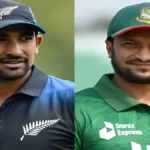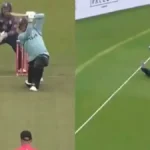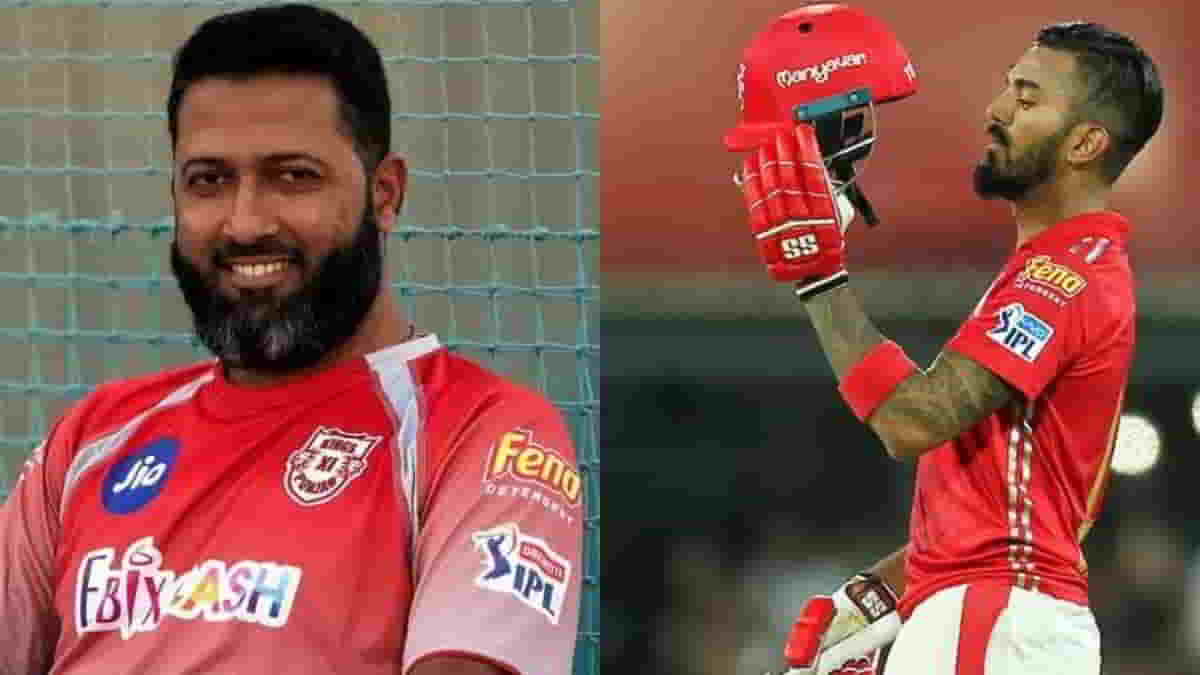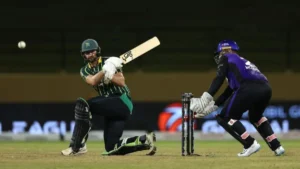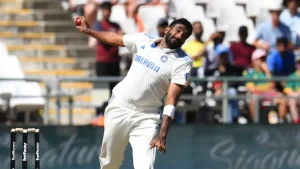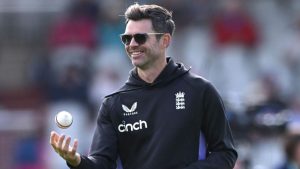In the world of cricket, many matches are remembered for high scores, brilliant players, or last-over finishes. But one match stands out for being something entirely different it was the longest game ever played. This unforgettable Test match between South Africa and England started on 3 March 1939 and lasted 12 days, with no winner at the end.
Let’s explore the story of the match that just refused to end: The Longest Cricket Test Match: A 12-Day Marathon
It All Started with a Toss
England’s captain, Wally Hammond, had been lucky with coin tosses. But on the day of the fifth Test, his luck ran out. South Africa’s captain Alan Melville won the toss and chose to bat first. His team had one goal: stay on the pitch as long as possible.
Melville and his partner Pieter van der Bijl started slow. They took no risks, defended everything, and frustrated England’s bowlers. Van der Bijl’s style was very patient. He would let balls hit him rather than try and attack. He finally made 125 runs in over seven hours a record at that time.
A Battle of Patience
By the second day, over 10,000 people came to watch in Durban. But the batting was so slow that many fans lost interest. The South Africans were focused on staying in, not scoring fast. After nearly three full days, they finally ended their first innings at 530 runs.
England then came to bat, but even they couldn’t score quickly. Rain delayed play, but the pitch stayed strong. South Africa’s bowlers also focused on tiring the English batsmen rather than attacking. The match was becoming a slow marathon.
No Rush, Just Records
In South Africa’s second innings, they again batted slowly. Van der Bijl almost scored a century in both innings but missed it by just three runs. Melville, even with an injury, came out and scored 103. South Africa ended with another 481 runs. England now needed 696 runs to win an enormous total, especially with time running out.
Edrich’s Surprise Performance
England’s Bill Edrich, who had performed poorly the whole tour, suddenly played the innings of his life. After attending a party and drinking heavily the night before, he was told this was his last chance. He responded by scoring 219 runs. His partner Paul Gibb also stayed strong, scoring a slow but steady 120. Together, they added 280 runs a Test record at the time.
The Weather Takes Over
By the 12th day, England needed only 42 more runs to win with five wickets remaining. The match had finally become exciting players were focused, and the crowd was fully involved. But then came the rain. It poured heavily and forced the match to be called off. There was no result. No winner.
South Africa offered to continue the next day, but England had to leave to catch their ship home. Hammond, tired and frustrated, said he hoped “timeless Tests” would never be played again.
A Match That Lives Forever
This match lasted for 12 days, included two rest days, and saw 5,447 balls bowled and 1,981 runs scored. Yet, in the end, it was a draw. It is remembered not for its excitement, but for its length, drama, and the mental strength of the players.
Also Read: Andre Russell Retirement: When and Where Will He Play His Last Match For West Indies





